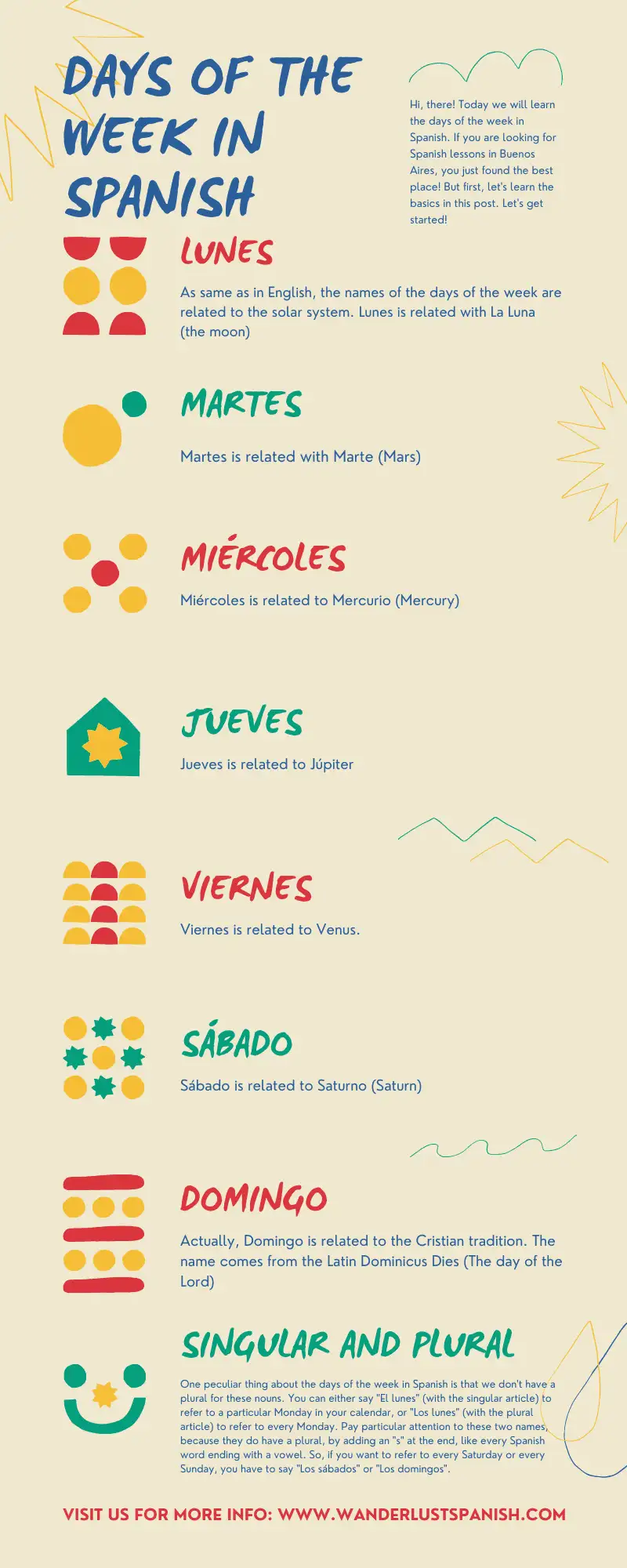Hola, amigues! You may wonder about the verb “hacer” in Spanish, so here you have Preterite Conjugation of Hacer, the most complete guide. Follow me on this Spanish adventure!
Don’t cry for your Spanish
Preterite Conjugation of Hacer: Spanish verbs
Contents
There’s nothing messier than verb tenses. They’re moody, irrational, they make no sense. And yet, we use them all the time, like the air we breathe in and out. Like ocean waves coming up and coming down, verb tenses are there to make our life easier… or at least it seems so. Let’s begin, shall we?
Firstly, preterite conjugation in English has a certain structure that allows us to think within those parameters. We can work on different past tenses with the help of terminations like “d” or “ed” in the case of simple past (i.e., I play / I played), the auxiliary verb “to have” in other tenses such as a past perfect (I had played), past perfect continuous (I had been playing). This seems pretty easy, right? But what about Spanish preterite conjugation?
In Spanish grammar, there’s no such thing as “auxiliary verb”, nevertheless, we have our irregular verbs to cherish, our own personal dramedy. Today is all about the preterite conjugation of hacer, so come on, keep on reading because there’s too much to learn!

Hacer, the king of irregularity
Welcome to the Hacer kingdom, where everything goes wherever it goes and rules are forbidden. Well, somehow. Hacer is a Spanish verb that means two things: “to do” and “make”. Depending on how you place it in a sentence or context, the meaning will vary. For example, if you’re talking about your daily homework, you will say “Hago mi tarea” (I do my homework). However, if you’re talking about something you create, like a cake, you will use the same word (Hago) but the concept is different: “Hago tortas” would translate as “I make cakes”. Moreover, when we talk about the weather we say “Hace calor” (It’s hot), but it doesn’t mean neither “to do” or “make”, it’s just an idiomatic expression.
Preterite conjugations of Hacer in Spanish
- Simple past of hacer
The simple past of hacer has two ways to go: “pretérito imperfecto” (this past recalls a time in which the action took longer, it’s not as quick as plain simple past) and “pretérito simple” (a quick thing that happened and ended in that period of time). For the first tense we have: Yo hacía, Tú / Vos hacías, Ellx hacía, Nosotrxs hacíamos, Ustedes hacían and Ellxs hacían. In the second case, it goes like this: Yo hice, Tú / Vos hiciste, Ellx hizo, Nosotrxs hicimos, Ustedes hicieron and Ellxs hicieron. See the problem here? The root for “hacer” is “hac” and since it’s an irregular verb, it changes the way it wants.
- Past continuous
In Spanish, we don’t usually use the “had been + ING” form, we’re more into the past tense of “to be” (estar) and verbs ending in ING (gerundio). For instance, if you were doing laundry you will say in Spanish: Estaba haciendo un lavarropas.

Preterite Conjugation of Hacer, the most complete guide (FAQ)
- Which is the past tense of “hacer”?
| Person | Hacer |
| Yo | Hacía / Hice |
| Tú / Vos | Hacías / Hiciste |
| Él / Ella / Ellx | Hacía / Hizo |
| Nosotros / Nosotras / Nosotrxs | Hacíamos / Hicimos |
| Ustedes | Hacían / Hicieron |
| Ellos / Ellas / Ellxs | Hacían / Hicieron |
- What is the meaning of “hacer”?
Hacer has two meanings: “to do” and “make”.
Learn Spanish Online
Only true heroes dare to speak Spanish. Ready for some more? Get our free lessons at Wanderlust Spanish Online and follow us on Instagram where we post Tuesdays of Spanish grammar, don’t miss them!










